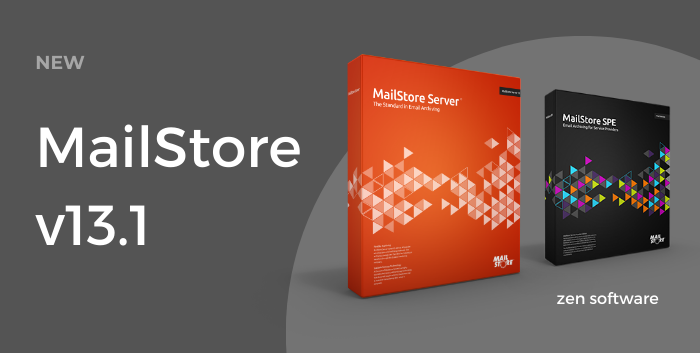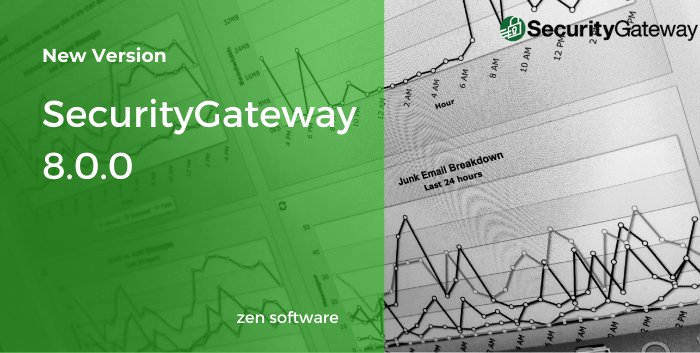Zen Software's Managing Director, James Steel recently joined CompTIA's Tracy Pound to share his insights and tips on how MSPs can improve their success with marketing.
Tracy is founder and Managing Director of Maximity, a UK-based technology solution provider and chairwoman of the CompTIA board of directors.

As the Covid-19 pandemic hit, there was a big shift in marketing across lots of industries, but especially within the technology and MSP market.
James and Tracy discuss how the need for remote working and the reliance on managed services and solution providers tipped overnight and the opportunities that came about for MSPs and the buyer's journey.
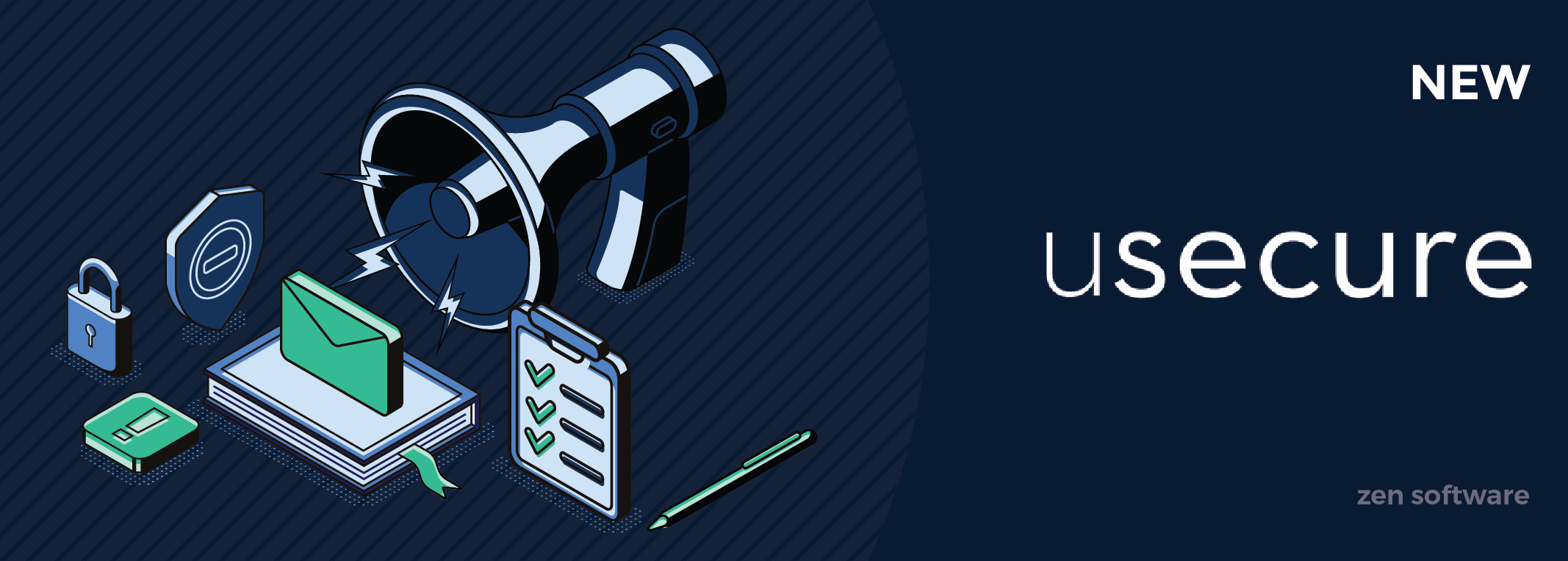 One more question…
Could all of your good work potentially be undone in seconds by an employee clicking a rogue link and welcoming a cyber-attack with open arms?
One more question…
Could all of your good work potentially be undone in seconds by an employee clicking a rogue link and welcoming a cyber-attack with open arms?


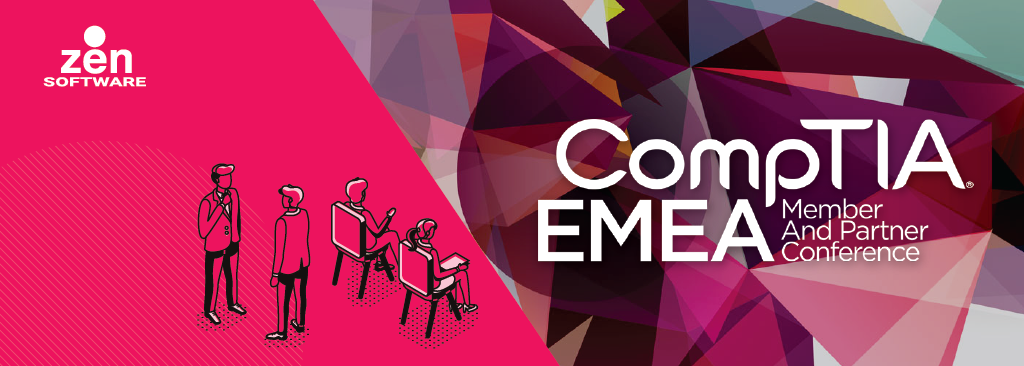 We're in the privileged position where this now looks like it will be possible, and I can't think of any better event to mark our own return to meeting with real-life 3D people again, than the annual
We're in the privileged position where this now looks like it will be possible, and I can't think of any better event to mark our own return to meeting with real-life 3D people again, than the annual 
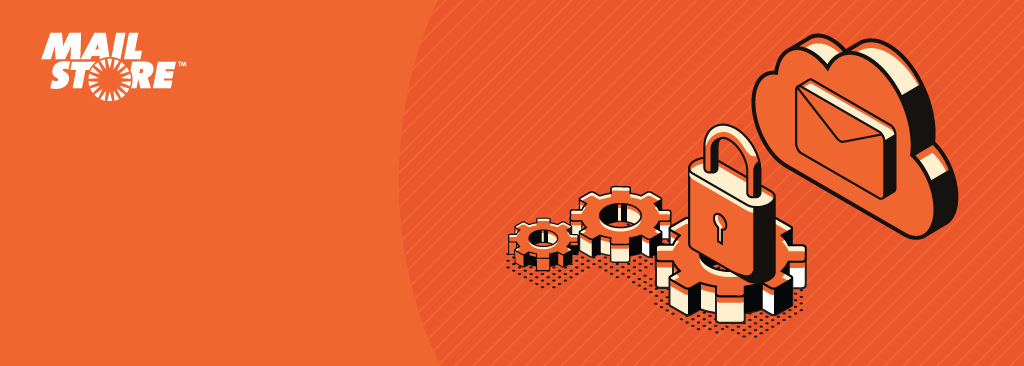
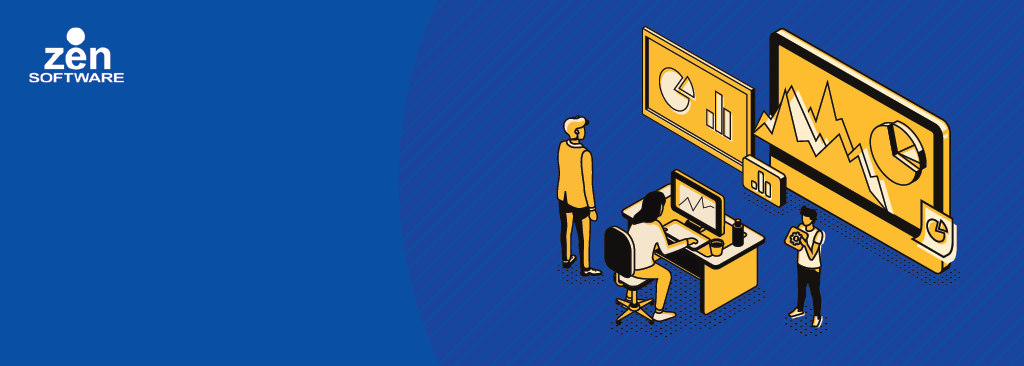 It’s your responsibility to keep up to speed with the latest threats, to wade through the sea of stats, opinions, materials and demos for new tech that the vendors (and distributors like us!) send your way, and to make the important decisions on behalf of your clients.
You've no doubt been doing this for years, but recently there's been a concerning plot twist.
It’s your responsibility to keep up to speed with the latest threats, to wade through the sea of stats, opinions, materials and demos for new tech that the vendors (and distributors like us!) send your way, and to make the important decisions on behalf of your clients.
You've no doubt been doing this for years, but recently there's been a concerning plot twist.
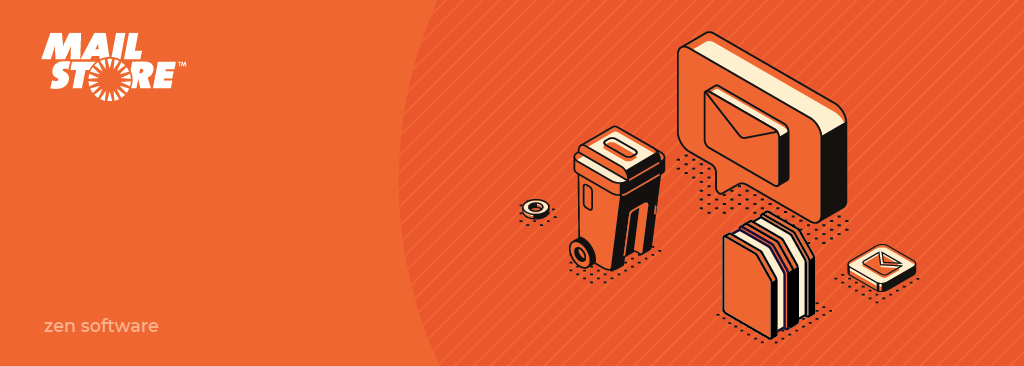 The mailboxes of your customers are rapidly growing treasure troves of useful, important and sensitive information, and that will continue to be the case for years to come.
This makes them ticking time bombs if not cared for in the right way.
The mailboxes of your customers are rapidly growing treasure troves of useful, important and sensitive information, and that will continue to be the case for years to come.
This makes them ticking time bombs if not cared for in the right way.
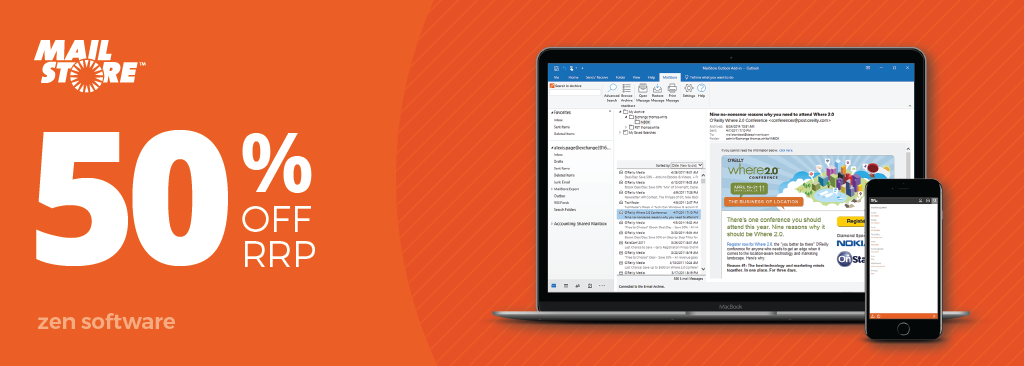 There'll be continued support for Exclaimer Mail Archiver up to September 30, 2022, but if your customers aren't yet ready to give up the many benefits of an independent email archiving solution, you'll need to be discussing migration to a better alternative.
There'll be continued support for Exclaimer Mail Archiver up to September 30, 2022, but if your customers aren't yet ready to give up the many benefits of an independent email archiving solution, you'll need to be discussing migration to a better alternative.
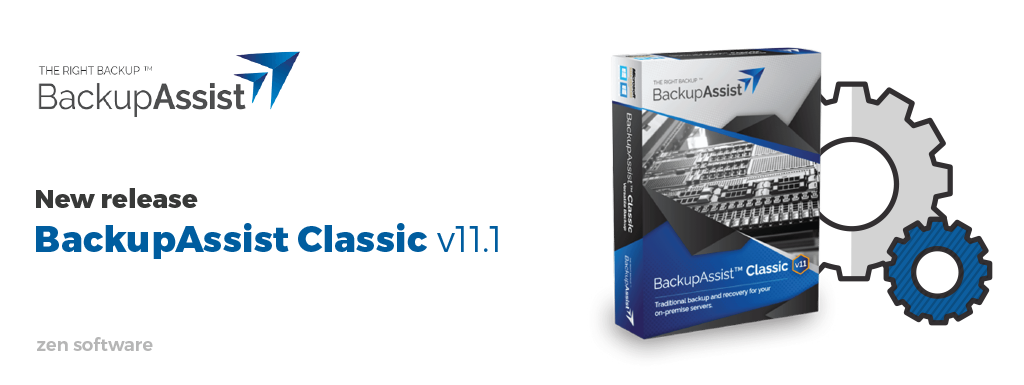 If you're working with customers using BackupAssist to protect their on-premise Exchange installations, you'll be pleased to know BackupAssist have now improved their Microsoft Exchange Granular Restore module which includes support for Exchange 2019 up to CU9 and 2016 up to CU20.
If you're working with customers using BackupAssist to protect their on-premise Exchange installations, you'll be pleased to know BackupAssist have now improved their Microsoft Exchange Granular Restore module which includes support for Exchange 2019 up to CU9 and 2016 up to CU20.
